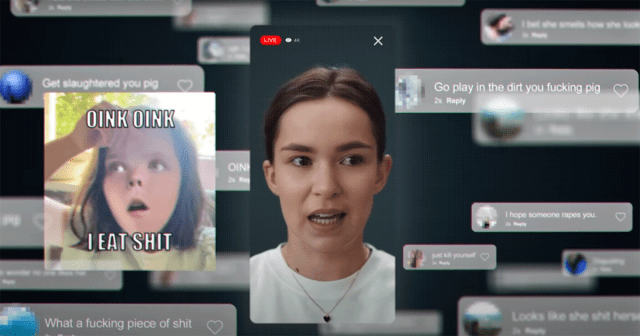ADWEEK House is headed to Las Vegas on January 8! Our house is your house to unwind, recharge and network during the industry’s largest consumer tech moment. RSVP.
As a typical millennial, I was an early adopter of Facebook—back when it required a college email. I uploaded every photo from the previous night’s shenanigans with captions like “CrAzI NiGhTz In SF!” At that time, I had little regard for privacy—my own or others’. This level of oversharing felt normal, even integral to my identity.
However, as I matured, my perspective shifted. What once seemed harmless became a point of concern, particularly about our online presence persisting indefinitely. Will my early 2000s indie pop-punk selfies be available for everyone to see, forever? What if I want to, say, start my own business? Will I be accepted for who I was when I was in my early 20s?
The true awakening came when I became a parent. Proudly sharing photos of my babies online made me realize the implications of doing so without their consent. Even with a private Instagram account reserved for family and close friends, my maternal instincts to monitor what I share often feel insufficient. I’ve taken all their photos off Facebook, but I still find myself questioning if that’s enough. If I don’t post, will they wonder if I loved them? If I do post, will they resent me?
This topic can be sensitive, emotional, and complex. No parent is perfect, and each family must navigate these challenges in their own way. For my family, the concern about our children’s future traumas is palpable, especially as millennials strive to break the cycle of generational trauma. My husband and I are, more often than not, wondering what the next big “bad parenting” issue will be and if our children will point at us when it’s uncovered. That’s why it’s crucial that we address the issue of children’s privacy in the digital age and its intersection with marketing.
Research highlights the gravity of this issue: A 2023 survey by the American Academy of Pediatrics revealed that 60% of parents share images of their children online without fully considering the potential long-term privacy impacts. Moreover, 70% of teens expressed discomfort with how their parents manage their online presence. Another recent study found that 92% of children in the U.S. have some sort of online presence before the age of 2.
Once a photo is out there, it’s almost impossible to control where it ends up or who sees it. With the rise of AI technologies, these photos can be exploited for targeted marketing or manipulated for more troubling purposes, such as online predation or deepfakes. Our kids’ unease about their digital presence could lead to an overall lack of trust regarding privacy. These are the things that keep me up at night.


